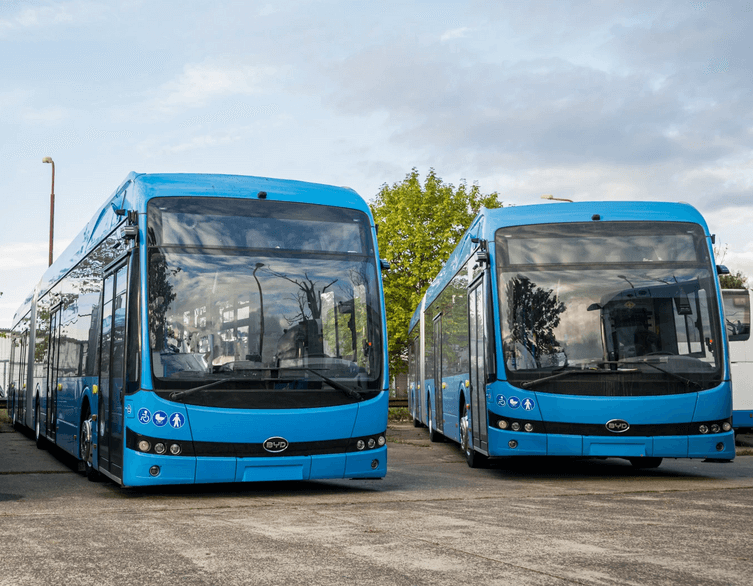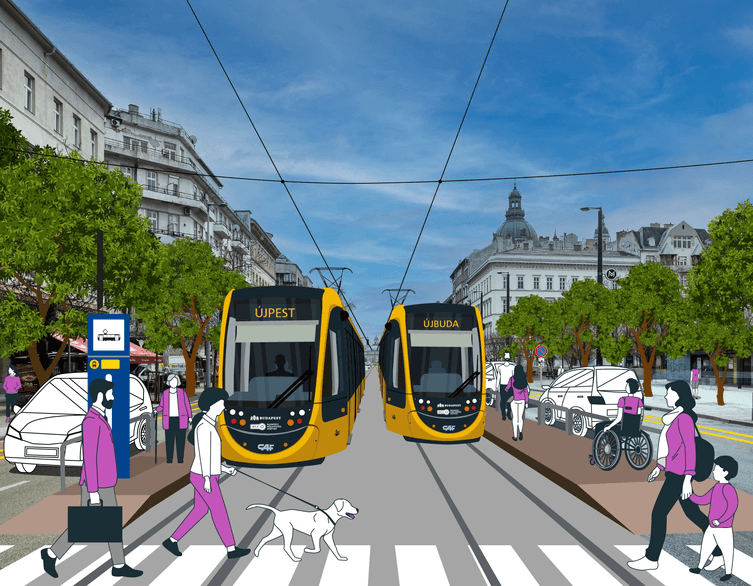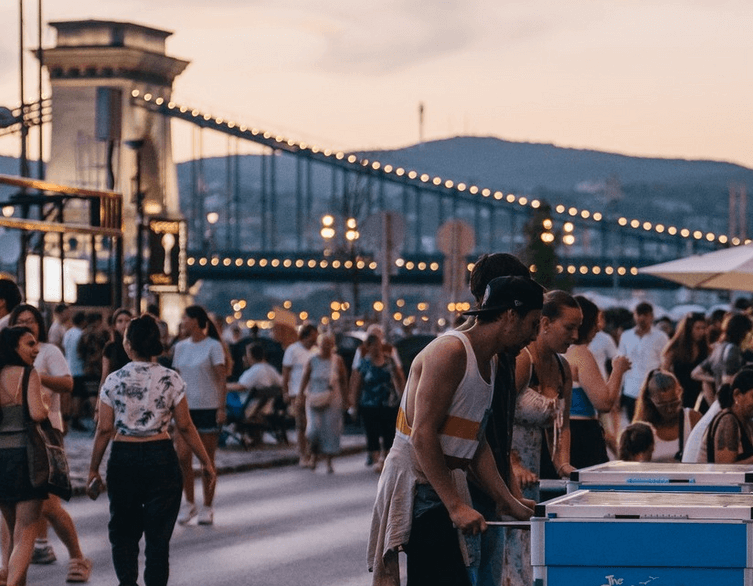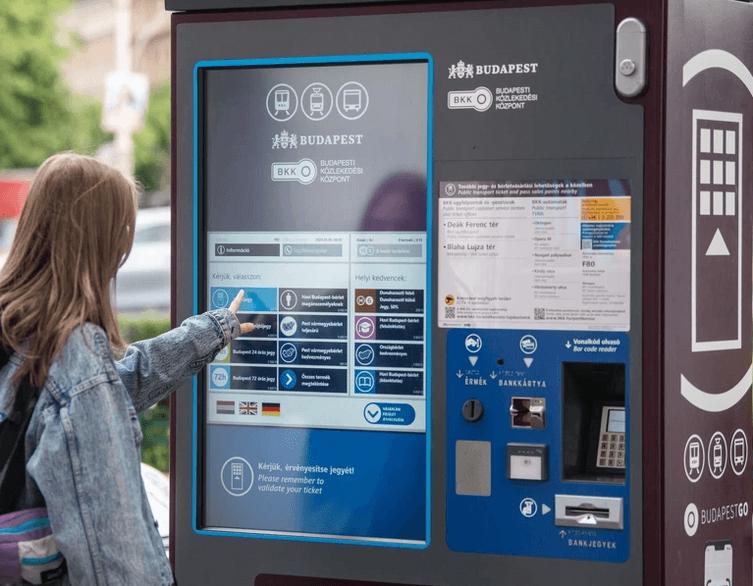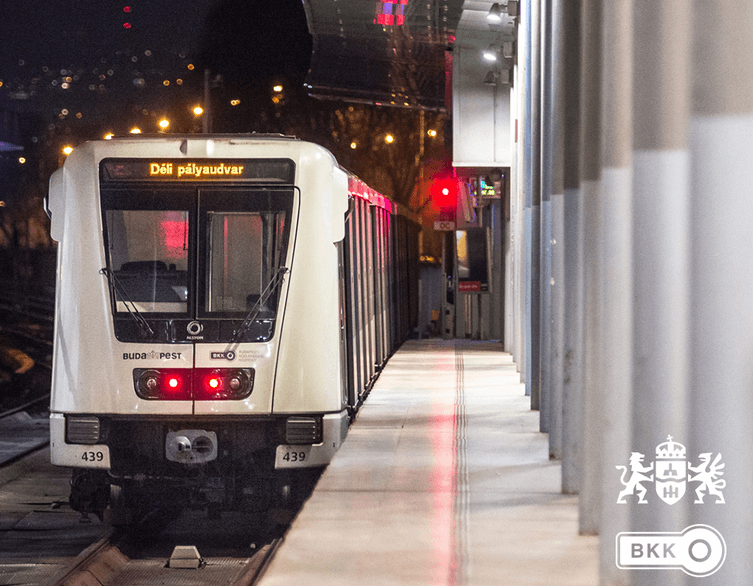Budapest Night Transport Revolution: A Game-Changer for After-Hours Travel in 2025
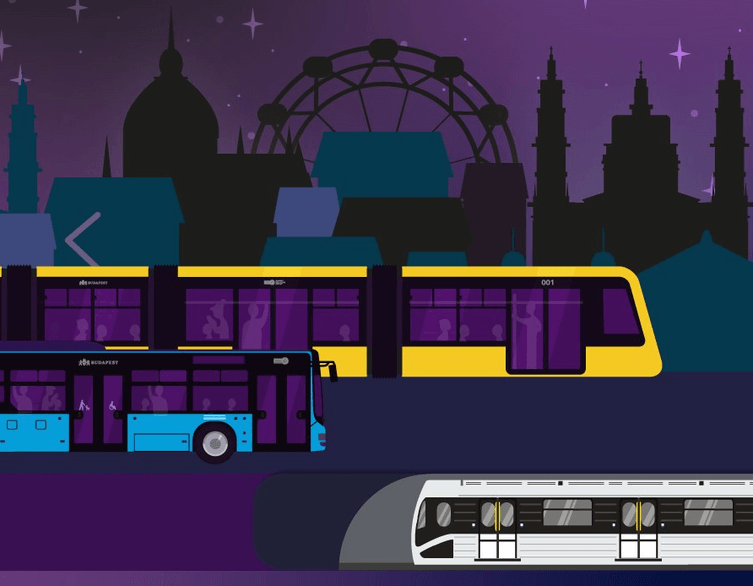
Budapest is transforming its nighttime public transportation landscape with the most comprehensive reform of its night transit network in over two decades. This groundbreaking initiative represents a fundamental shift toward making the Hungarian capital truly livable around the clock, offering foreign visitors unprecedented access to the city’s vibrant after-dark scene.
The ambitious reform began in June 2025 when the Budapest Transport Centre (BKK) extended operating hours for three major metro lines, marking just the beginning of what promises to be a complete overhaul of how people move through Budapest during nighttime hours. For tourists exploring this magnificent city, these changes mean greater freedom to experience Budapest’s legendary nightlife, thermal baths, and cultural offerings without the anxiety of being stranded after midnight.
Extended Metro Service: The Foundation of Change
The transformation started with a practical solution to a long-standing problem. Previously, Budapest’s metro system shut down around 11:30 PM, forcing late-night revelers to rely on taxis or navigate a complex network of night buses. Now, the M2, M3, and M4 metro lines operate until midnight on weekdays and until 1 AM on Friday and Saturday nights, with trains running every 10 minutes during these extended hours.
This seemingly simple change has already proven its worth. During peak sections of the network, over 10,000 nightly journeys are recorded each week, with more than 3,000 people using the metro on these segments during an average weekend night. These numbers demonstrate the massive demand that existed for improved night transit, validating the decision to extend operating hours.
For visitors staying in central Budapest, this means exploring neighborhoods like Pest’s entertainment districts or Buda’s hillside areas becomes far more accessible. The extended metro service particularly benefits those wanting to experience Budapest’s famous ruin pubs in District VII or enjoy evening concerts at venues throughout the city.
Comprehensive Network Redesign: Beyond the Metro
While extended metro hours grabbed headlines, the most significant changes lie in the complete redesign of Budapest’s surface night transport network. The reform proposal envisions nearly 70 night routes operating throughout the city, fundamentally changing how Budapest functions after dark.
The centerpiece of this transformation involves creating 28 routes that would operate 24/7 using the same route numbers and paths as daytime services. This means passengers familiar with daytime routes like the 105 or 114 buses can use the exact same stops and expect the same familiar journey whether it’s 2 PM or 2 AM.
This approach addresses a critical problem that has long plagued Budapest’s night transport system. Previously, reaching the same destination required completely different routes and multiple transfers during nighttime hours. For example, reaching Óbuda’s Bogdáni út from Deák Ferenc Square required direct travel via the 9 bus during the day but involved two separate night buses with transfers after dark.
Weekend Tram Renaissance
Perhaps most exciting for tourists is the planned expansion of weekend tram service. On Friday and Saturday nights, several tram lines including routes 1, 47, and a shortened 17A would operate throughout the night. This represents a significant upgrade in service quality, as trams provide a more comfortable and scenic way to traverse the city compared to buses.
Best deals of Budapest
The weekend tram service particularly benefits visitors wanting to experience Budapest’s thermal bath culture or evening river cruises. Route 47, for instance, connects central Pest with southern Buda areas, while route 1 provides crucial cross-city connections that would otherwise require multiple transfers using night buses.
Geographic Coverage Expansion
The reformed network promises to serve areas that have been historically underserved during nighttime hours. New coverage includes neighborhoods like Budafok, Zugliget, Virányos, Rákospalota, and Megyer, while providing faster connections to outer districts such as Rákoskert, Rákoscsaba, and even Pécel.
For tourists, this expansion means greater flexibility in choosing accommodations outside the immediate city center while maintaining easy access to nighttime activities. Visitors staying in Budapest’s outer districts or suburban areas will no longer face the choice between expensive taxi rides or complicated night bus transfers when returning from evening entertainment.
Citizen Participation in Planning
What makes Budapest’s night transport reform particularly noteworthy is the extensive public consultation process. The BKK organized both online and in-person forums where nearly 200 residents participated in shaping the final network design. This democratic approach to transportation planning ensures the new system serves real needs rather than theoretical projections.
The consultation process revealed strong public support for creating a night transport system that mirrors daytime efficiency and accessibility. Many participants provided detailed feedback about specific routes and connections, which transportation planners are incorporating into the final design.
Implementation Timeline and Future Prospects
The current extended metro hours represent just the first phase of implementation. Following the completion of public consultations in August 2025, transportation officials are processing feedback and refining the comprehensive network redesign. The next steps include finalizing detailed timetables, training drivers for new routes, and implementing passenger information systems.
The complete surface network transformation awaits further technical coordination and budget approval, but the groundwork laid by extended metro service provides a foundation for these broader changes. More than 40 daytime bus routes have already been synchronized with the extended metro schedule, demonstrating the integrated approach to system-wide reform.
Impact on Budapest’s Tourism Appeal
These transportation improvements position Budapest as an increasingly attractive destination for international visitors seeking vibrant nightlife experiences. The city’s thermal baths, many of which offer evening hours, become more accessible for tourists staying throughout the city. Similarly, Budapest’s renowned cultural venues, restaurants, and entertainment districts are no longer constrained by early transport cutoffs.
The reform also supports Budapest’s growing reputation as a hub for cultural tourism and business travel. Visitors attending conferences, cultural events, or business dinners can now navigate the city with the same ease during evening hours as during the day, removing a significant barrier to extended stays and increased tourism spending.
The transformation of Budapest’s night transport network represents more than infrastructure improvement; it reflects the city’s commitment to remaining competitive as a 24-hour European capital. For foreign tourists, these changes translate into unprecedented freedom to explore one of Europe’s most beautiful cities on their own terms, regardless of the hour.
Related news













